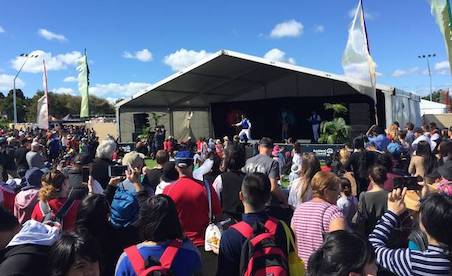“Following March 15 we have had a little time to take a breath,” says the child and adolescent psychiatrist Hinemoa Elder.
“A chance to look at some of the ways we need to remember and be remembered.
“It is a line in the sand: This our baseline. The only way from here is up.”
Elder says New Zealanders have a way to go with acceptance of other religions and cultures.
She points to the University of Auckland’s NZ Attitudes and Values study; a 20-year longitudinal national study of social attitudes, personality and health outcomes.
“One of the salient things the study shows is that New Zealanders have low warmth to the Muslim community compared to other religious and ethnic groups.”
Elder says the study suggests New Zealanders don’t make a distinction between “Muslim” and “Arab”.
“We are comparing a group identified by their religion with other groups who are not,” she said.
“Chinese, for example, are not defined by their faith.”
While some Muslims might identify as coming from the Arabian peninsula, roughly one quarter are from the Middle East or Africa, and another quarter are born in NZ. Almost 27 per cent are from Asia, and 21 per cent are Pasifika.
And people who identify with an Arab ethnicity might also be from a range of faiths including Christian, Jewish, or Baha’i.
Massey University sociologist professor Paul Spoonley thinks there has been a systemic failure in New Zealand to recognise minority ethnic and religious communities.
He said the use of “crude categorisations” like Asian and Pasifika by authorities hide important differences and the true diversity of the nation.
Spoonley said it was important for New Zealanders to care about diversity recognition because “recognition and respect are at the core of inclusiveness”.
“It acknowledges an important identity for communities and it is part of our commitment as a society to making sure we reflect diversity in all its forms, not just the ones we want to recognise or feel most comfortable with,” he said.
Source
